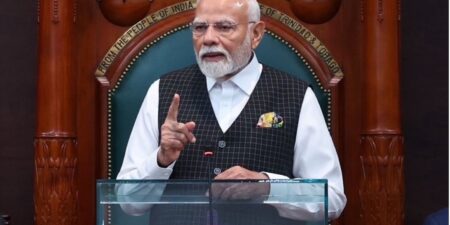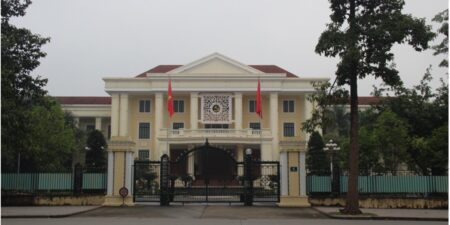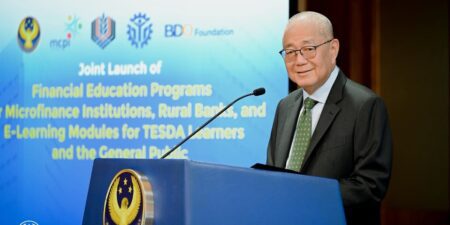The BGA Sri Lanka team, led by Senior Advisor Chullanté Jayasuriya, wrote an update to clients on the election of Sri Lanka’s new president.
Context
- Anura Kumara Dissanayake, a left-leaning politician, defeated Sri Lanka’s incumbent President Ranil Wickremesinghe in the country’s September 21 presidential election. Wickremesinghe’s defeat came after stubbornly implementing two years of tough and unpopular economic reforms, including tax increases and state-owned enterprise restructuring under an International Monetary Fund (IMF) bailout package.
- Dissanayake has garnered significant support in recent years for his anti-corruption platform and pro-poor policies, particularly in the wake of the country’s worst economic crisis. He will now inherit governance of a country that is struggling to emerge from the shadow of that crisis and a population that is desperate for change.
Significance
- Dissanayake’s policy pledges include tough anti-corruption measures, bigger welfare schemes and a promise to slash taxes and lower utility payments, which have proved popular with voters. He has pledged to remove the value-added tax on some health, education, and food items. Tax hikes and welfare cuts were imposed by the previous government as part of austerity measures aimed at revitalizing the economy, but they also left many people unable to make ends meet.
- At any given point, Sri Lanka is three months away from another meltdown because the current external reserves can support only three months of imports. Uncertainty about the election outcomes is palpable. The country cannot afford economic experimentation, but it can ensure fiscal discipline and restructure state-owned enterprises to gradually reduce debt to sustainable levels, improve governance and transparency, adopt anti-corruption frameworks and strengthen social safety nets, as Sri Lanka outlined in its commitments to the IMF. Public-private partnership arrangements could also help prevent future financial crises.
Implications
- Analysts, including investors and market participants, have expressed concern that Dissanayake’s economic policies could have an impact on fiscal targets set under the IMF deal and disrupt Sri Lanka’s road to recovery. It will be a challenge however, for him to implement his coalition policies in a country that has adopted liberalization and free-market principles since the late 1970s.
- The country needs to focus on economic diversification, ensure sustainable and inclusive growth, reassure local and international markets, attract foreign direct investment and lift a quarter of the 22 million population out of poverty. Expanding into high-growth areas like electronics could reduce reliance on imports and balance payments.
We will continue to keep you updated on developments in Sri Lanka as they occur. If you have any questions or comments, please contact BGA Sri Lanka Senior Advisor Chullanté Jayasuriya at cjayasuriya@bowergroupasia.com.
Best regards,
BGA Sri Lanka Team

Senior Advisor
Chullanté‘s command of economic, political and social trends in Sri Lanka makes him a unique leader with a broad and deep network throughout the country. He has over 30 years of experience in trade and investment promotion, private sector development, policy planning implementation, management of chambers of commerce and international development cooperation. Chullanté previously served as the International Trade Centre’s national consultant to the National Export Strategy of Sri Lanka and as Sri Lanka senior technical advisor for local economic governance at The Asia Foundation. He is a United Nations Economic and Social Commission for Asia and the Pacific (UNESCAP) ...
Read More


























